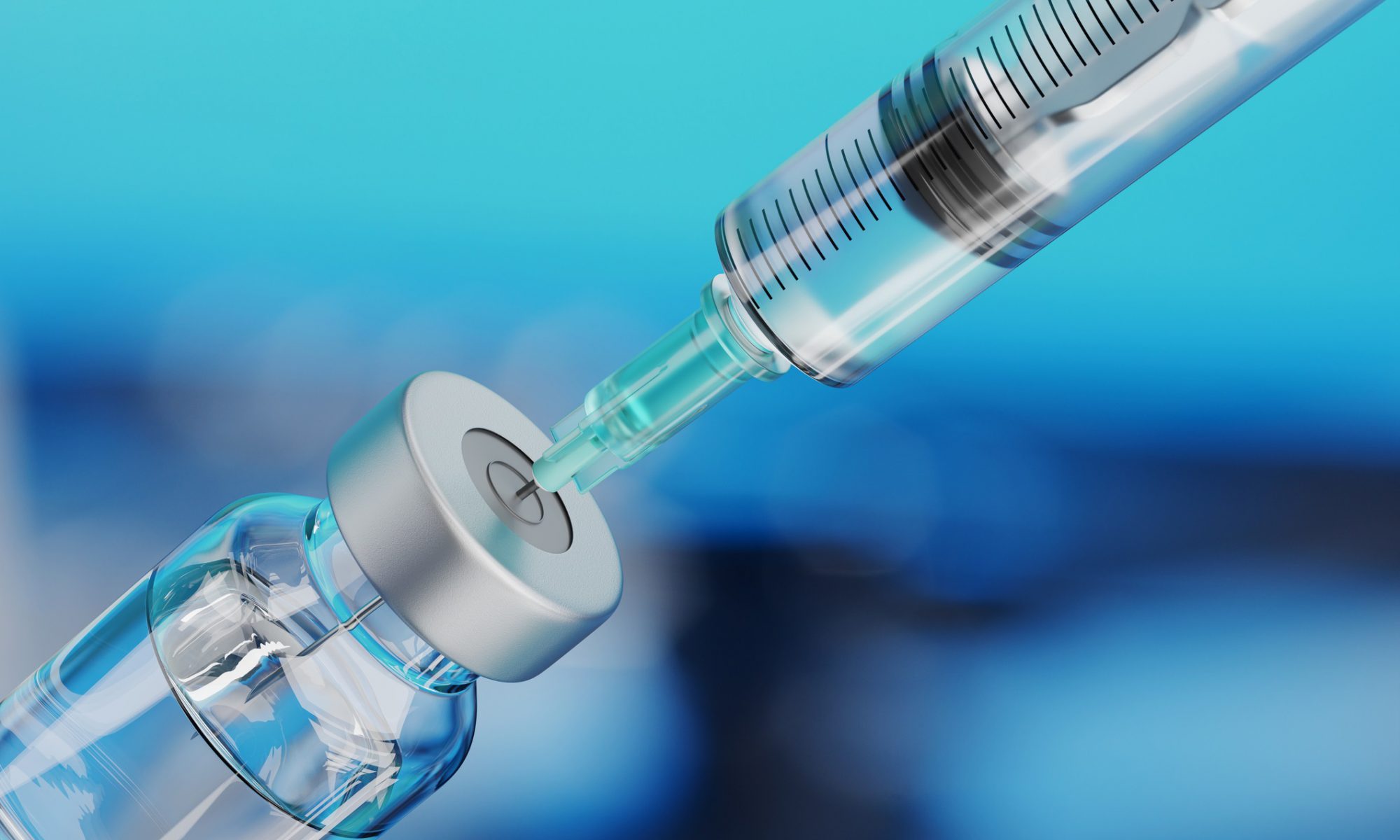COVID-19 vaccination “fundamentally altered” the pandemic by saving nearly 20 million lives in the first year that vaccines were available, researchers found using a mathematical model.
“We wanted to conduct this study to understand how much worse the pandemic could have been without vaccination and, in doing so, demonstrate how many lives have been saved by generating and distributing vaccines as quickly as we did,” Oliver J. Watson, PhD, Schmidt Science Fellow at the MRC Centre for Global Infectious Disease Analysis of the Imperial College London, told Healio. “From an investment angle, these types of estimates will also underpin how we will evaluate the global vaccination campaign.” Read the full story in Healio.


